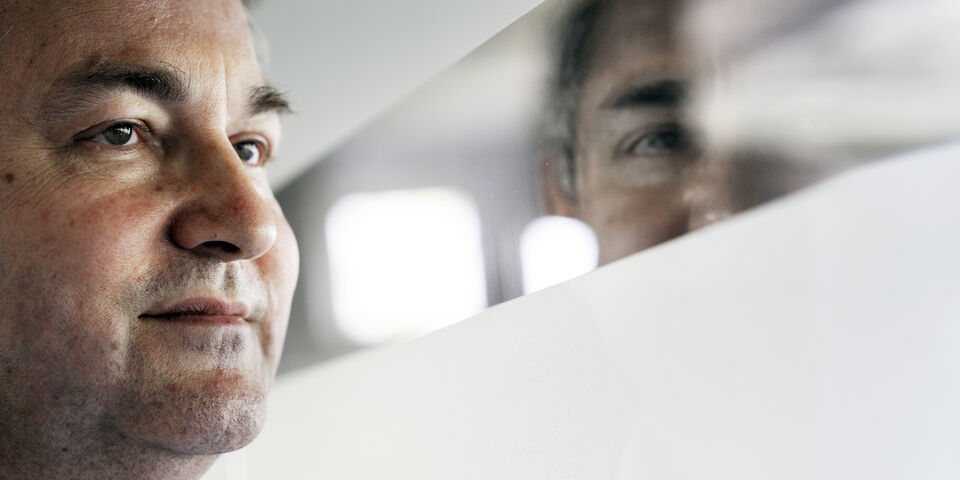Should scientists legally cover themselves?
Six Italian scientists were sentenced to a serious stint in jail after having provided ‘incorrect advice’. In 2009, they are said to have misjudged the risks of an earthquake in the Italian city of l’Aquila. Instead of being warned, inhabitants were reassured; the minor quakes that were measured did not indicate a major earthquake, they claimed. The devastating earthquake that followed anyway took the lives of more than three hundred people. Can scientist be held responsible for that? If so, does a sentence like this one lead to more well-founded statements, or will it backfire and lead to scientists adopting a ‘better safe than sorry’ mindset in future risk analyses?
Both science and Berlusconi have been convicted in a single week. I can’t think of a greater contrast”, says Jan Smits, professor of Law and Technology at the Department of IE&IS at TU/e. “It’s downright mad those scientists were indicted in the first place, regardless of whether or not they should have been convicted. You see, it’s a fishy case: stories are contradicted and facts are covered up. Why, for example, were only the scientists convicted instead of the entire risk committee? And what about the exact time of that notorious press conference? They say it’s not an indictment of science itself, but of the way science is communicated. Well, that statement won’t stick. It seems science turns out to be the bad guy after all. I experienced the consequences of the quake from up close, because one of our staff members is from l’Aquila. I can tell you this much: if they’re looking for the bad guys, they should be looking somewhere else. It happened three years ago and the city is still a mess. If scientists can be held accountable for that, too, we should probably all consider changing jobs.”
“Warnings abound, just look at weather alarms alone. I think the real problem is of a different nature: we have access to all information available everywhere. About a year ago, I was watching TV when I felt a tremor. I tweeted: ‘Hey, that felt like an earthquake’. It spread like wildfire. Journalists also get their news from social media websites. Unfortunately, one-liners tend to enter the cloud before hard facts are confirmed. We should stop and think about this way of communicating, seriously. It’s almost like one-liners are becoming an art form, while we should go back to proper differentiation.”
“I think it’s up to communication staff and journalists to tackle the one-liner hype; is missing out on a scoop more important than checking the facts? Still, scientists have a responsibility, too. We have to figure out how to deal with situations like these. After all, one-liners are becoming ever more important in these times of ‘publish or perish’ in our line of work. Let’s aim for differentiation. If we don’t, I dread the future: ‘Sign first, and then I’ll give you my scientific point of view’. It will not be the American, but the Italian way.”


Discussion